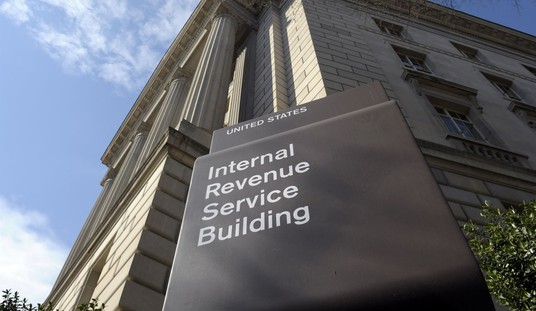It appears increasingly likely that Catalonia — an autonomous community of Spain on the French border — will declare independence from Spain next week:
Catalonia will move on Monday to declare independence from Spain, a regional government source said, as the European Union nation nears a rupture that threatens the foundations of its young democracy and has unnerved financial markets.
Pro-independence parties which control the regional parliament have asked for a debate and vote on Monday on declaring independence, the source said. A declaration should follow this vote, although it is unclear when.
Catalan President Carles Puigdemont earlier told the BBC that his government would ask the region’s parliament to declare independence after tallying votes from last weekend’s referendum, which Madrid says was illegal.
“This will probably finish once we get all the votes in from abroad at the end of the week and therefore we shall probably act over the weekend or early next week,” he said in remarks published on Wednesday.
On Sunday the world witnessed the disconcerting spectacle of police disrupting the independence referendum with violence, including the firing of rubber bullets. The Spanish government maintains that the election was unconstitutional, and the country’s Supreme Court agrees. But shutting down votes with violence . . . it’s a bad look.
Spanish police attack and pepper spray peaceful civilians who were guarding ballot box in a town hall in #Catalonia. #CatalanReferedum pic.twitter.com/5uAEjWRCiv
— Jaume Clotet 🎗 (@jaumeclotet) October 1, 2017
Sarah Lee, who has written about the issue in recent days, correctly noted of Spanish officials: “their tactics, to Western eyes with a fondness for free speech and assembly, don’t look very democratic.” If the Spanish government believes the vote was unconstitutional, they could simply declare that they do not recognize it. Why use violence to prevent it?
Unfortunately, Americans often tend to see these sorts of issues through a partisan political lens. The first question conservatives will ask is: is an independence movement left-leaning or right-leaning in nature? If the former, it’s bad. If the latter, it’s good. Here, there are overtones of this being a Socialist revolution, and so many conservatives are wary. Plus, the stability of the EU in general, and our relationship with Spain in particular, counsel a rejection of the calls for independence. And so far, President Trump is predictably siding with the Spanish government on this issue.
I have a different view: if a political subset truly wants to be independent from a larger group, that should be allowed. This is true whether it’s Scotland trying to break away from the UK, or Britain exiting the EU, or California or Texas seceding from the U.S.
There are always going to be thorny issues, of course. Here in the U.S., for example, how would Nevada secede when 85% of its land is owned by the federal government? And what happens when — as in Catalonia — the population is divided about whether they want to stay part of the larger group?
But in principle, decentralization is often a good thing. It keeps representation more in tune with the populace, and prevents governments from agglomerating too much power. And in the end, governance should be about what the people want.
And so I wish Catalonians well in their quest — assuming the referendum shows that independence is truly the will of its population.
But make no mistake: things could be about to turn very ugly.












Join the conversation as a VIP Member